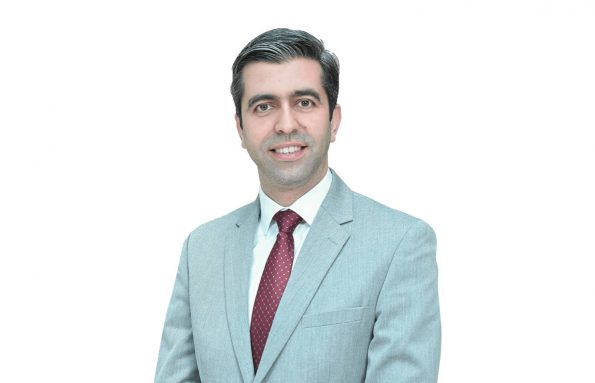The Ramadan headache is a mild to moderate or constant pressure on both sides of the temple. Migraines are headaches that begin on one side of the face and may spread to the other side depending on their severity.
Prevention is better than cure, so knowing your migraine triggers can help you treat them. There are several factors that might lead a person to have frequent migraines when they fast:
- Dehydration: Human beings’ constitution is 60% water so the lack of water during long periods of time, or the lack of proper hydration practices during Ramadan, can lead to migraines resulting from dehydration. Tip: Initiate hydration by intaking at-least two glasses of water with your iftar. It is mandatory to drink between 8-10 glasses of water from iftar to suhoor. Pace yourself by having at-least 1 glass of water every hour. Avoid salty, processed foods as they cause water retention which may lead to dehydration-induced migraines.
- Sleep cycle: Migraines can be triggered by an interruption in your sleep cycle. Tip: Adapting your schedule to get 7 to 8 hours of uninterrupted sleep each night can prevent migraines caused by lack of sleep. How you can attain good quality sleep is by having light meals for iftar and suhoor and assuring enough time for your food to digest before you go to bed. Choose a quiet, dark place, after iftar to get at least 4-5 hours of sleep before waking up for suhoor. After suhoor, try to sleep for an additional 2 hours before waking up for your day. If possible, try to take a 20-40 minute power nap at noon to revive your energy and keep you going until iftar.
- Caffeine intake: Coffee drinkers, particularly morning coffee drinkers, might suffer migraines due to caffeine withdrawal. Tip: The best way to avoid caffeine withdrawal generated migraine is by cutting back from caffeine a week or two before Ramadan. However, if your lifestyle does not allow you to do so, try to have a cup of coffee as early as possible during your iftar, followed by a quick workout. The workout should help you use up the energy you got from your coffee allowing you to get a restful sleep after isha (night prayer). If you must absolutely get one cup of coffee a day, make sure to bump up your water intake accordingly.
- Hypoglycemia: This occurs when your blood sugar levels crash. People who frequently get headaches are more prone to migraines caused by hypoglycemia, particularly before iftar. Tip: Limiting your intake of sugar a week before and during the month of Ramadan can keep migraines at bay. Also avoid drinking soft drinks as they lead to sugar crash in your body which can cause a migraine.






